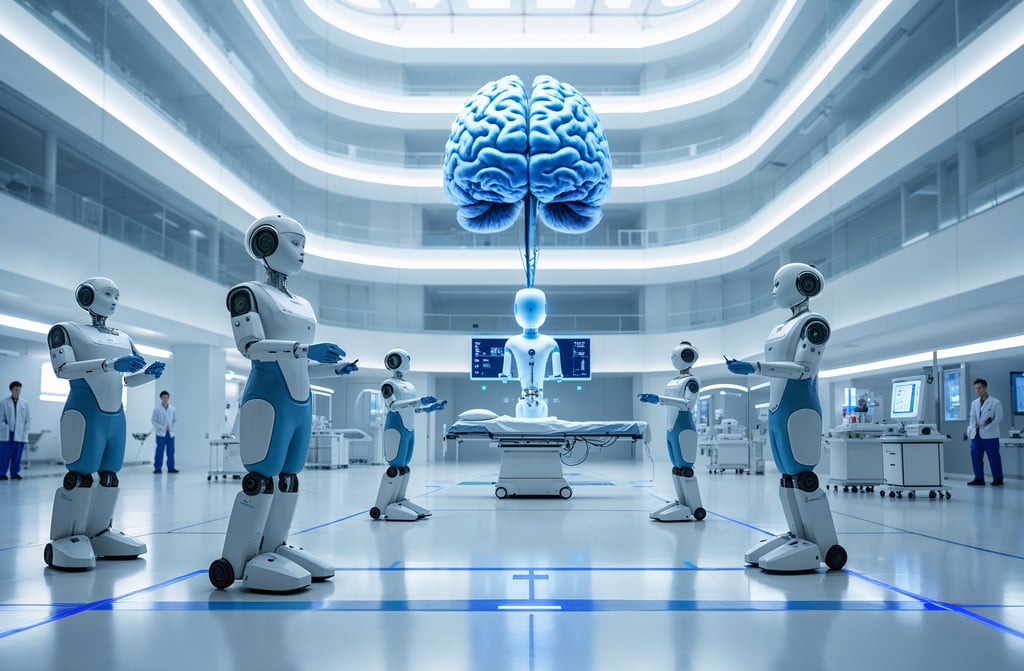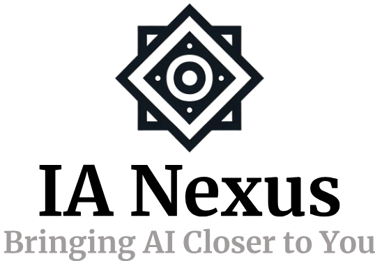China’s Breakthrough in Healthcare: Replacing Doctors and Nurses with AI
Discover how China’s fully AI-operated hospital is revolutionizing the healthcare industry, offering a glimpse into the future of medicine powered by artificial intelligence.
Alexander Hart
4/11/20251 min read


Introduction
In a groundbreaking move, China has set a new precedent in healthcare by creating the world’s first hospital operated entirely by artificial intelligence (AI). This innovation eliminates the need for traditional medical staff, including doctors and nurses, by relying entirely on AI-powered systems. With the rise of AI in various industries, this leap in healthcare showcases just how advanced the technology has become. But what does this mean for the future of healthcare, and could AI replace human practitioners altogether?
How AI Operates in Healthcare
The Agent Hospital uses AI-driven virtual doctors and nurses to diagnose, treat, and care for patients. Powered by complex machine learning algorithms, these systems analyze vast amounts of medical data to provide accurate diagnoses and treatment plans. With a diagnostic accuracy rate of over 93%, this AI system can handle thousands of patients daily, drastically improving efficiency.
AI in healthcare analyzes patient data, identifies patterns, and can predict diseases earlier than human doctors. This can lead to more timely interventions and better outcomes, while reducing wait times and human error.
Advantages and Challenges
AI brings numerous benefits to healthcare, such as increased efficiency, faster diagnoses, and wider accessibility, especially in underserved areas. However, challenges remain, including the reliability of AI in complex cases and concerns about patient privacy and data security.
While AI cannot replace human empathy or complex decision-making, it is becoming an essential tool for healthcare professionals, helping them provide better care.
The Future of AI in Healthcare
China’s AI-operated hospital could set the stage for a global adoption of AI in medicine. While human doctors will remain essential, AI will play an increasingly vital role in enhancing medical practices and improving patient care worldwide.
Conclusion
China’s experiment with AI in healthcare is a major step forward in transforming how medical services are delivered. As AI continues to evolve, its role in healthcare will only grow, offering a glimpse into a future where technology and human expertise combine to improve healthcare for all.
Insights
Stay updated on AI news and trends today.
Learn
© 2025. All rights reserved.
